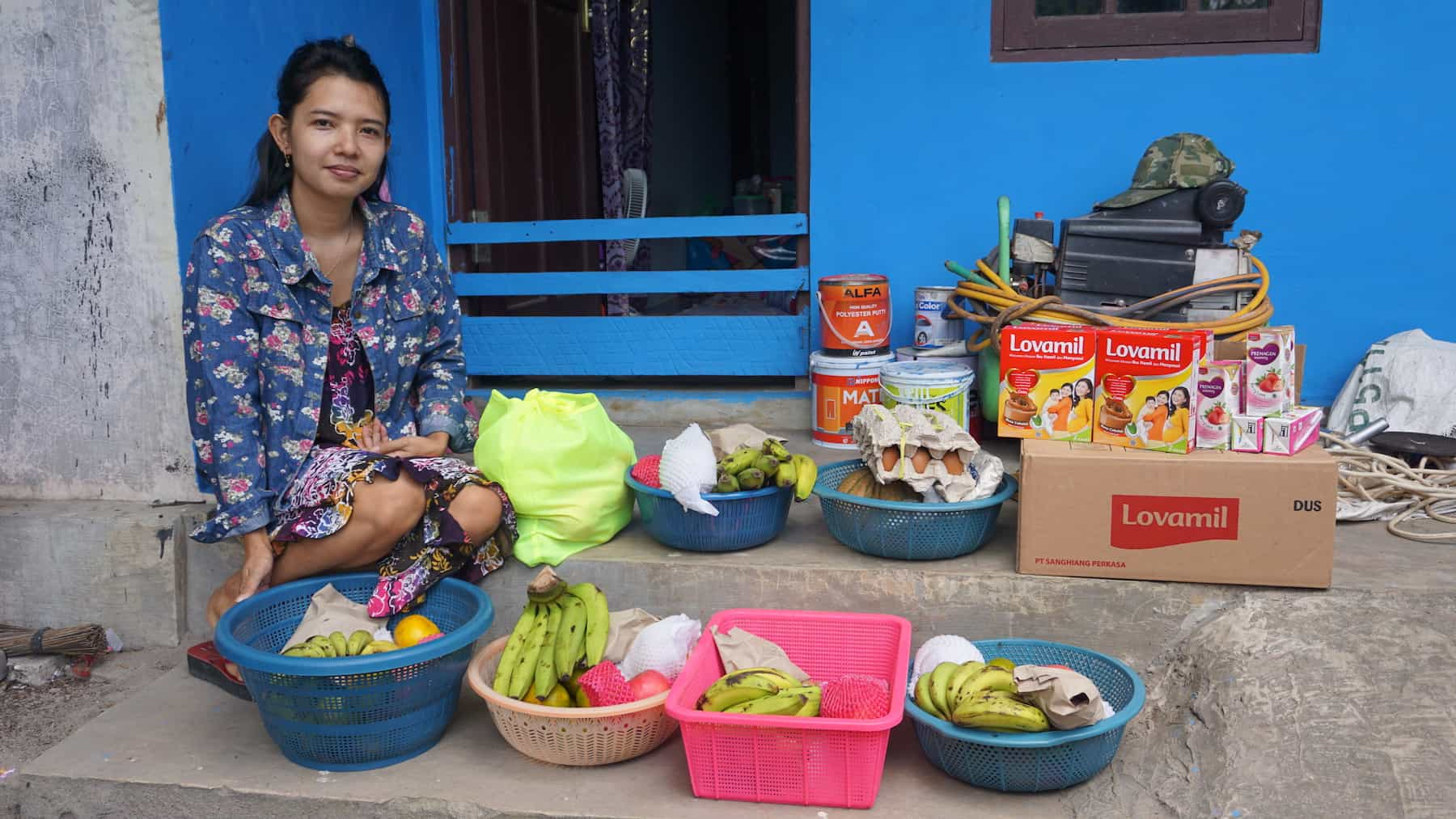Overview
YUM’s health projects are centered in Central Kalimantan and West Java, where there is a desperate need for proper health education and resources. A lack of good healthcare also impacts the economic and social aspects of these communities. YUM’s leadership in disease prevention has led to major milestones particularly in the areas of sanitation, clean water, health promotion and malaria.
Stunting Prevention
Indonesia still faces nutritional problems that severely impact the quality of its human resources. Currently, the country is home to over 6 million stunted children. Many factors contribute to childhood stunting, and these factors are often linked: poor nutrition and a lack of access to diverse foods; poor sanitation and no access to clean drinking water; lack of proper healthcare for children and their mothers; and inadequate psychosocial stimulation and/or parent-infant bonding.
In 2021, YUM recognised the crucial role of supporting community-run Posyandu (Integrated Health Services Center) in villages in order to spread knowledge on the risk of stunting among families, especially those currently with pregnant women. Posyandu is the primary milestone in monitoring the growth and development of pregnant mothers, babies and toddlers. In 2021, YUM was present in 8 villages in West Java, working with 24 Posyandu, and 6 villages in Central Kalimantan, working with 16 Posyandu. Together with 125 women volunteer health workers (or kader as they are called in Indonesia) in West Java and 41 in Central Kalimantan, we committed to prevent and reduce the number of stunted children in each area.
YUM assisted 587 pregnant women in West Java and Central Kalimantan. Each month, around 270 nutritional packages were delivered to these mothers-to-be, in the hopes of providing them with the diverse key nutrients they need to deliver healthy babies. Many of the pregnant women were provided with iron supplement tablets. Thanks to the hemoglobin level checks, we were able to identify the pregnant women who had iron deficiency and who were anemic.
Of the 587 pregnant mothers, 339 babies were born during the project period. Data collected in West Java indicated that 46% of the children were born healthy, 47% at risk and only 7% were stunted. As for Central Kalimantan, 35% of the children were born healthy, 54% were at risk and 12% were stunted. YUM also recorded each child’s growth until they turned 6 months old. In both West Java and Central Kalimantan, the results showed that the older the babies grew, the less at risk of stunting they became.
This success has led us to commit ourselves to continue the program both in West Java and Central Kalimantan. In West Java, there are still more than 60 Posyandu that we have not reached. And in Kalimantan, we’re prepared to continue our project in our neighbouring sub-district, Kasongan.
"When I delivered my baby, I felt very sad and ashamed because my son, Naki, was born stunted. However, I applied the knowledge and skills that I received in the health workshops at YUM, such as exclusively breastfeeding my baby, eating varied and healthy food and also keeping personal hygiene and sanitation. Finally, when Naki was 2 months old, his nutritional status became normal and he is now growing up to be a healthy baby. "
Ibu Lala, mother in West Java
"The activities of YUM are different from those carried out by private and public agencies that collaborate with kader because usually after the materials are provided, it stops there. However, with YUM, based on all the activities I have participated in, there has always been continued support - if there is something that is not understood, we can easily ask the YUM staff."
Ibu Hosiana, volunteer health worker (kader) in Central Kalimantan

